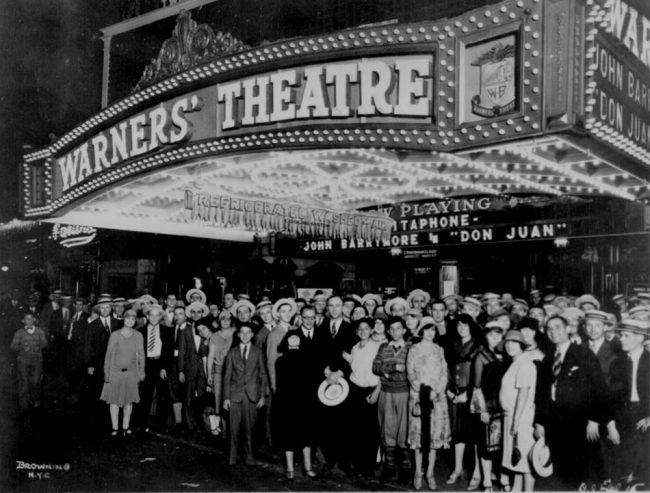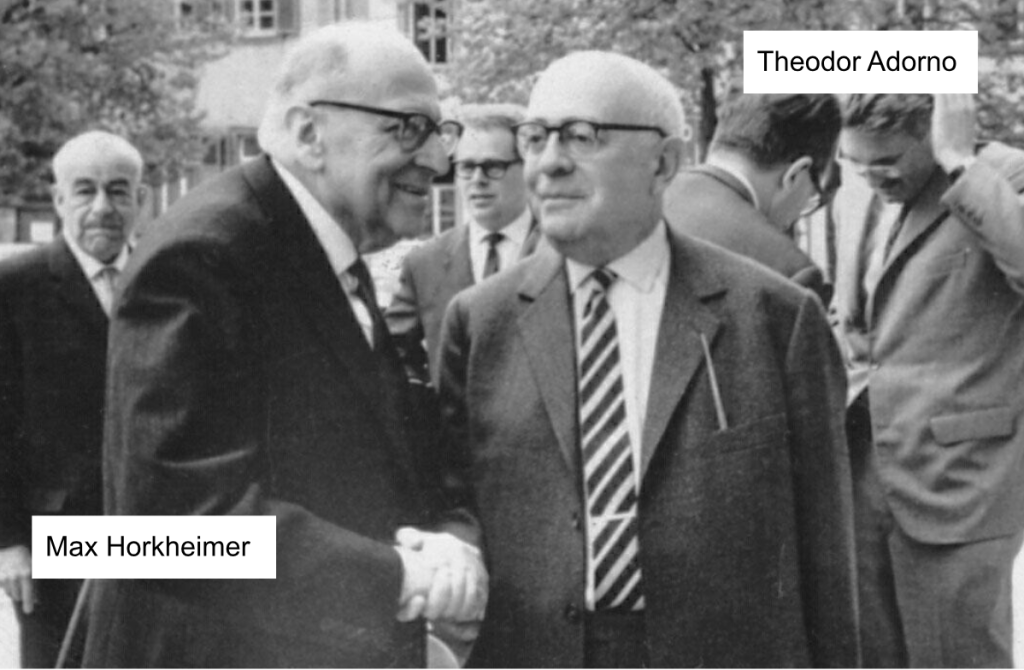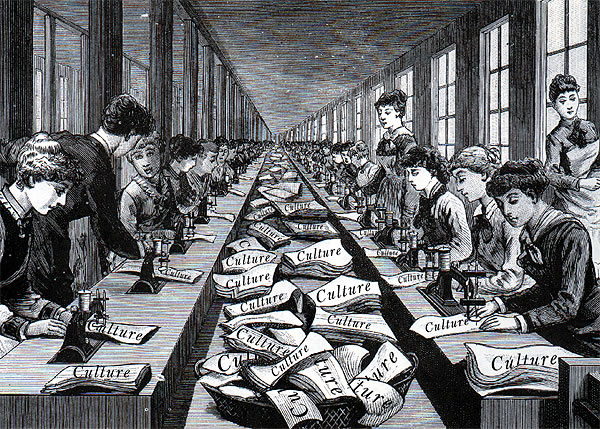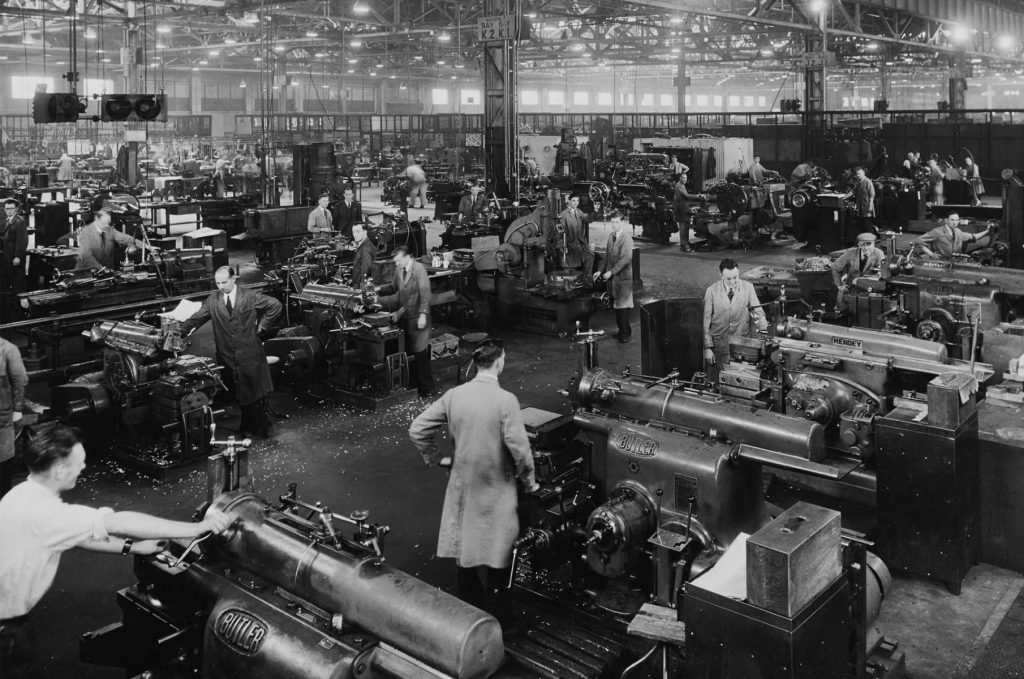
Exploring the Culture Industry: A Look at Mass Culture and its Impact
In today’s interconnected world, the culture industry plays a pivotal role in shaping our society and influencing our thoughts and behaviours. The concept of the culture industry, as coined by philosophers Theodor Adorno and Max Horkheimer in their seminal work “Dialectic of Enlightenment,” examines how culture and art have become commodities, mass-produced for mass consumption.¬†

In this blog, we will look into the concept of the culture industry, its historical context, and its impact on our contemporary society.
LetвАЩs dig a little deeper to understand the cultural history better.
Learning more about the historical context.
The idea of the culture industry emerged in the 1940s as a response to the mass production and commercialization of culture in the 20th century. This era witnessed the rise of radio, film television, and the music industry which started to produce standardised, easily digestible content targeted to the broadest possible channel.
The Frankfurt school Perspective.
The frankfurt school perspective, a group of critical theorists, including Adorno and Horkheimer, argued that the culture industry served as a tool for social control. They believed that it standardised taste and stifled individual taste, making people passive consumers rather than the thinkers. They saw it as a system that reinforced capitalism and conformity.
The Mechanisms Of The Culture Industry.
Celebrity Culture:
Celebrities, carefully cultivated by the culture industry, often serves as attracting consumers for the promotion of products and ideologies. There become the symbols of influence and success, perpetuating a specific image and lifestyle.
Standardisation and Repetition:
One of the key elements of the culture industry is the standardisation of cultural products. Movies, music, and television shows are often thought through, following established patterns and themes. This repetition can lead to predictability but is also commercially trustable
Manufactured Desires:
The culture industry often creates artificial needs and desires in consumers. Through advertising and manipulation of trends,it shapes what we believe we need and want thus driving consumerism.

Impact on society
Passive Consumption:
Critics argue that the culture industry encourages passive consumption rather than active engagement. People are often more inclined to consume pre-packaged entertainment rather than creating their own.
Cultural Hegemony:
The culture industry can perpetuate the values of those in power, reinforcing existing social hierarchies. It can promote particular worldviews and ideologies, therefore maintaining the status
Resisting the Culture Industry
While the culture industry exerts considerable influence, there are ways to resist its hegemonic grasp.
Develop Critical Thinking:
Encouraging critical thinking can help individuals resist the passive consumption encouraged by the culture industry. Analyse and question the media and entertainment you consume.

Conclusion
The culture industry remains a complex and controversial topic, deeply embedded in our modern society. ItвАЩs important to recognize the power it wields and its potential for both positive and negative impact. By becoming more conscious consumers, and promoting cultural diversity and critical diversity and critical thinking, we can navigate the culture industryвАЩs influence while preserving the authenticity of art and culture in our lives.
Reference list
Horkheimer, M. (2002). Dialectic of enlightenment : philosophical fragments. Stanford, Calif.: Stanford University Press.
Blunden, A. (1944). The Culture Industry: Enlightenment as Mass Deception. [online] Marxists.org. Available at: https://www.marxists.org/reference/archive/adorno/1944/culture-industry.htm.
Corradetti, C. (2005). Frankfurt School and Critical Theory | Internet Encyclopedia of Philosophy. [online] Internet Encyclopedia of Philosophy. Available at: https://iep.utm.edu/critical-theory-frankfurt-school/.Adorno, T.W. and Horkheimer, M. (2015). Culture industry : selected essays on mass culture. Routledge.


Your article has a detailed introduction and explanation of the cultural industry, and also clearly describes how we can resist the detailed development of the critical thinking mode of the cultural industry, which gives everyone a very broad idea. After reading your article, I also made some changes to my article. You wrote very well!!
I think this article elaborates on the impact of popular culture on our daily lives. First of all, it believes that people should create their own entertainment, which I agree with at the time. It also promotes the formation and uniqueness of individual cultural cognition.
Hi Dounia! I like your structure for explaining the culture and industry. Not only bringing pros and cons to the audience, but also how the culture industry is effecting society. The outlets of the culture industry are also quite straight-forward. Celebrity Culture does remind me of some real-life cases where social media is actually using influencers to gain reputation, no matter whether the result is good or not. Also, I think Elon Musk is also a good fact for bringing Twitter to a new trend by himself. And you did reference your quote, which is a good habit.